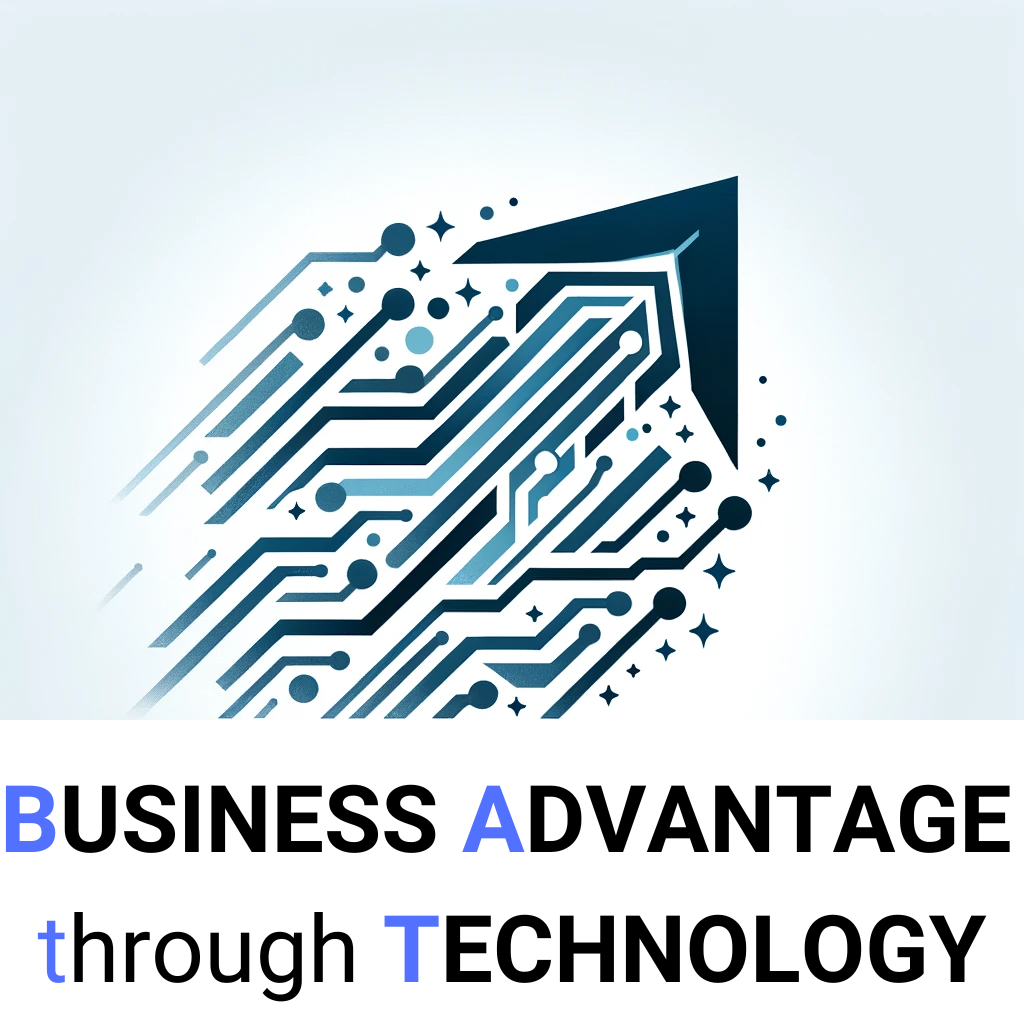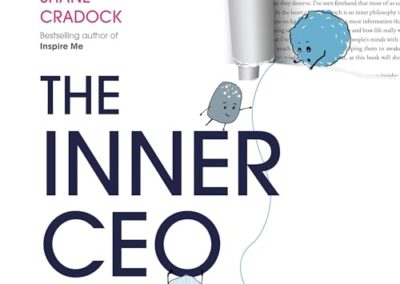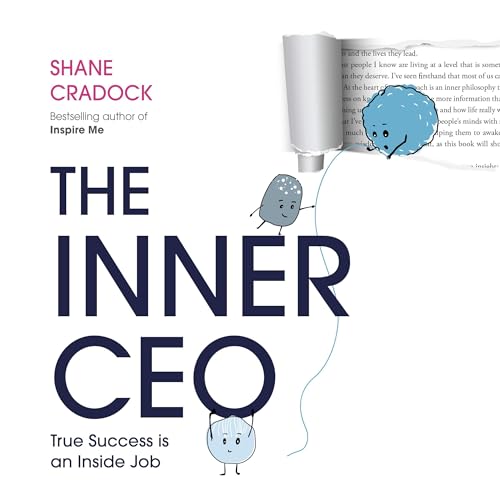

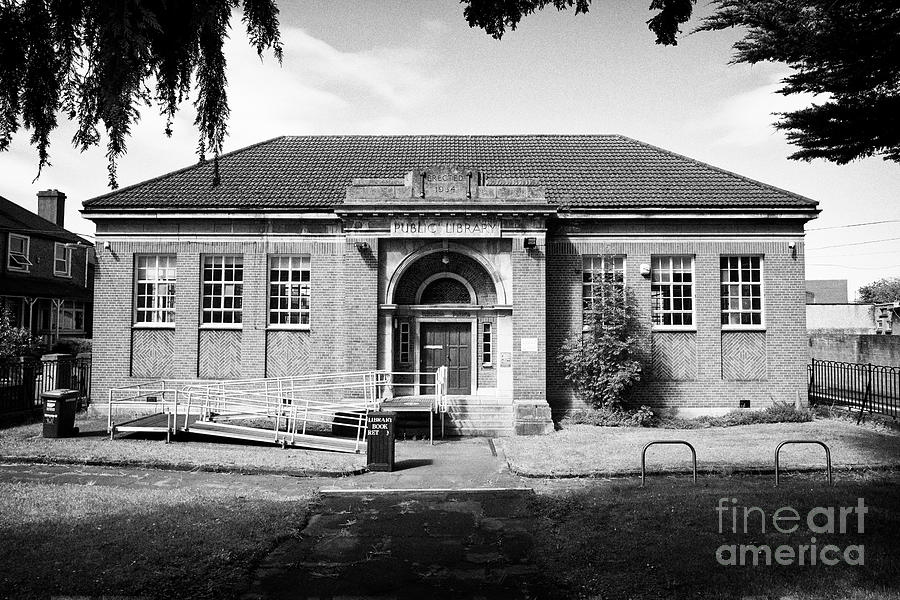
Loving the public library – learning to love 1,000s of books
Nice piece in today’s Sunday Times ‘The library is so much more than just books’ by Sarah Breen. Reminded me of so much of my growing up and fascination with public libraries – and their content: BOOKS: loving the public library
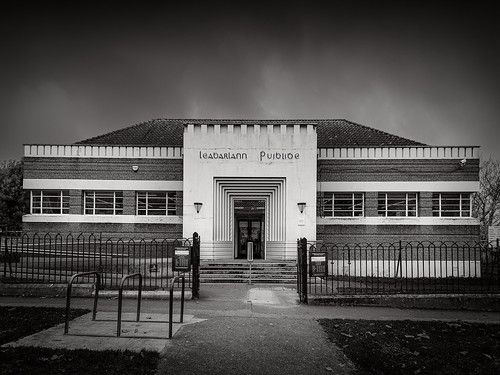
Every other Saturday morning Dad (sometimes Mum) took us (the older siblings) to the Drumcondra Public library. Each of us could take out two books – and had two weeks to read them. feeling we were missing out on something in the adult section. And we had to take our books from the children’s section of the libary – already thinking we were missing out on something. And cof course Dad also took out books (and eventually music tapes also).

I graduated to the adult library in Phibsborough (always liked that building) and the mobile library which used to visit the shopping centre in Cabra weekly.
Fascination with libraries continued: the school library in Belvedere College (where Ulysses was kept behind the counter). Spent many hours there – always potentially distracted from the core subjects by the variety of the well stacked shelves.
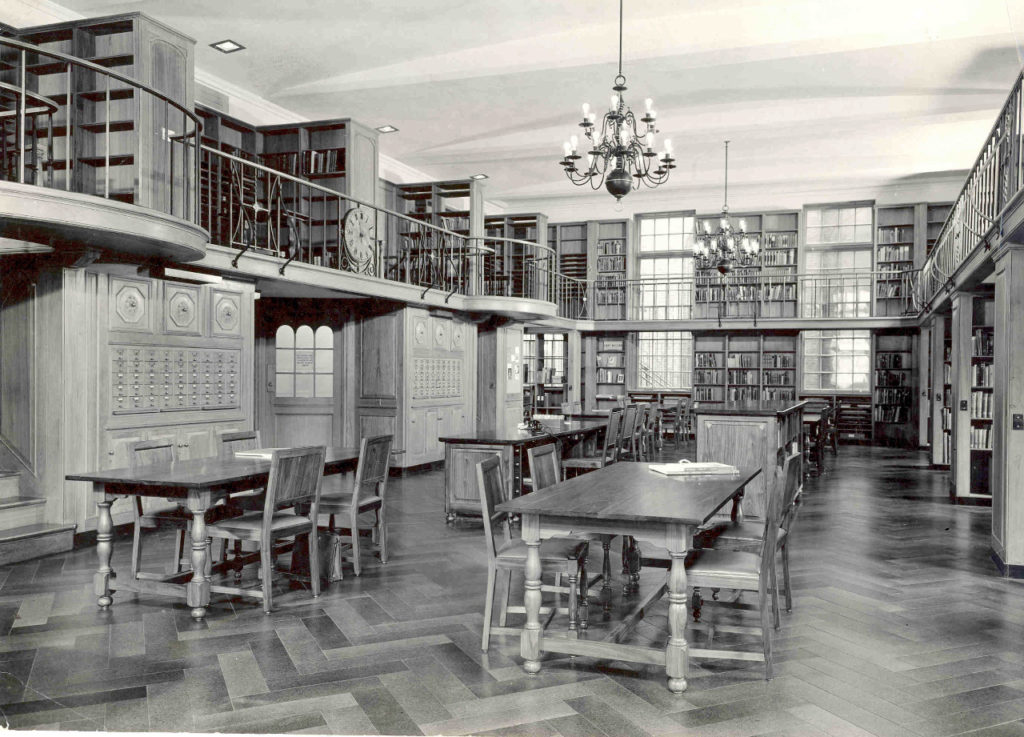
In Trinity there were multiple libraries: 1937 Reading Room, Arts Block, Law library, Science Library. And apart from some study and books – the social element was also critical (engineers meeting students from other callings).
And with my own children, certainly as parents, we both looked to instill a love in/ appreciation of libraries (and their BOOKS) with all of our children – with varying success. But all of them would have spent significant time studying in libraries – and I suspect there has always been a social side also.
As Sarah Breen says: ‘For adults, you can use your library card to access newspapers and magazines, listen to audiobooks, learn a language and join a club. It’s a place to meet people or avoid them, connect or disconnect entirely’. The service has moved on with the times – and can be of great benefit to all ages.
In his recent book ‘Knowing what we know – the transmission of knowledge: from ancient wisdom to modern magic’ Simon Winchester dedicates Section 2 (‘Gathering the Harvest’) to a review of the great libararies of world history – and the attempts to destroy them by various invaders. If you read this you may think of your local library with a great deal more respect.
